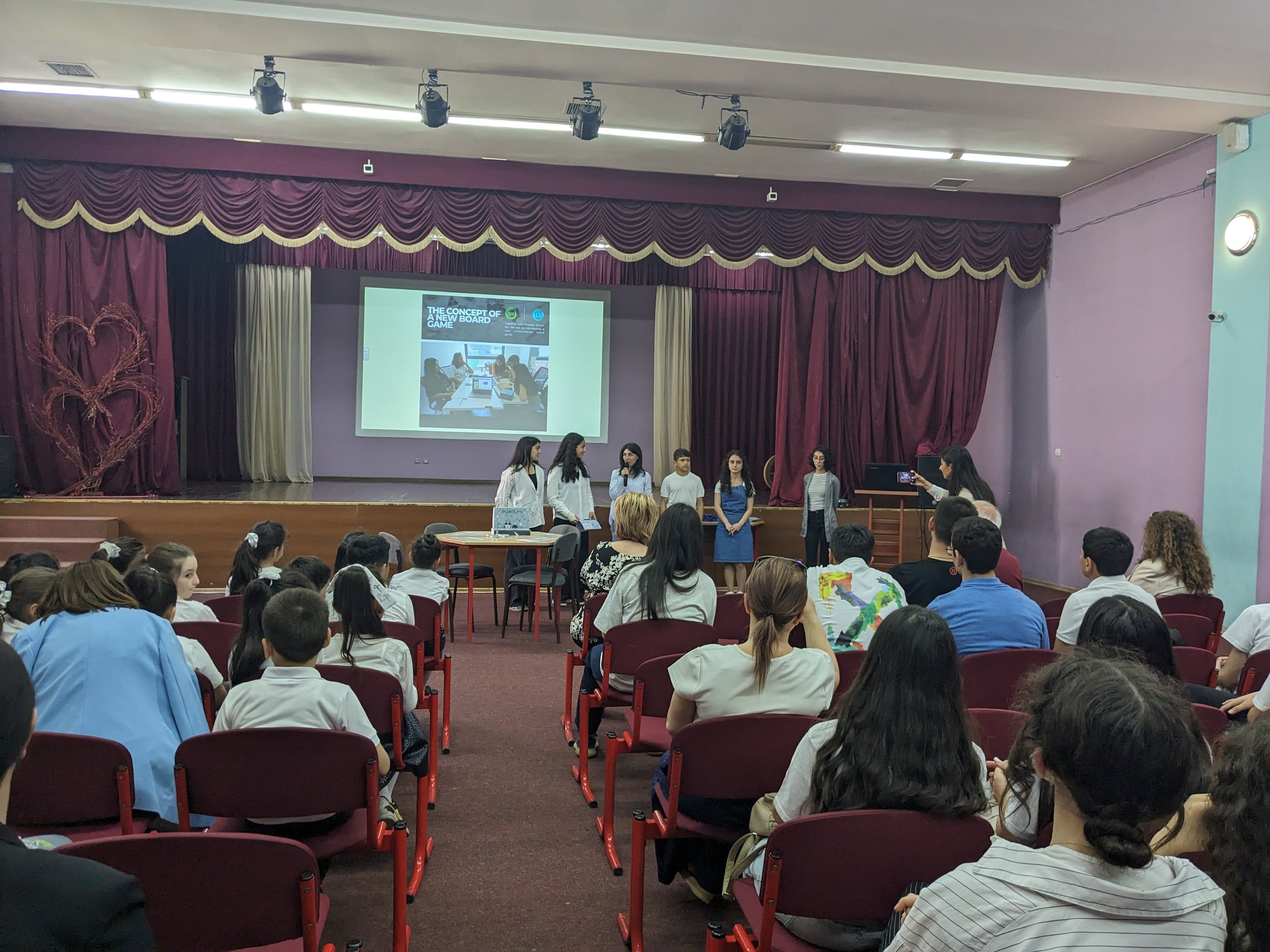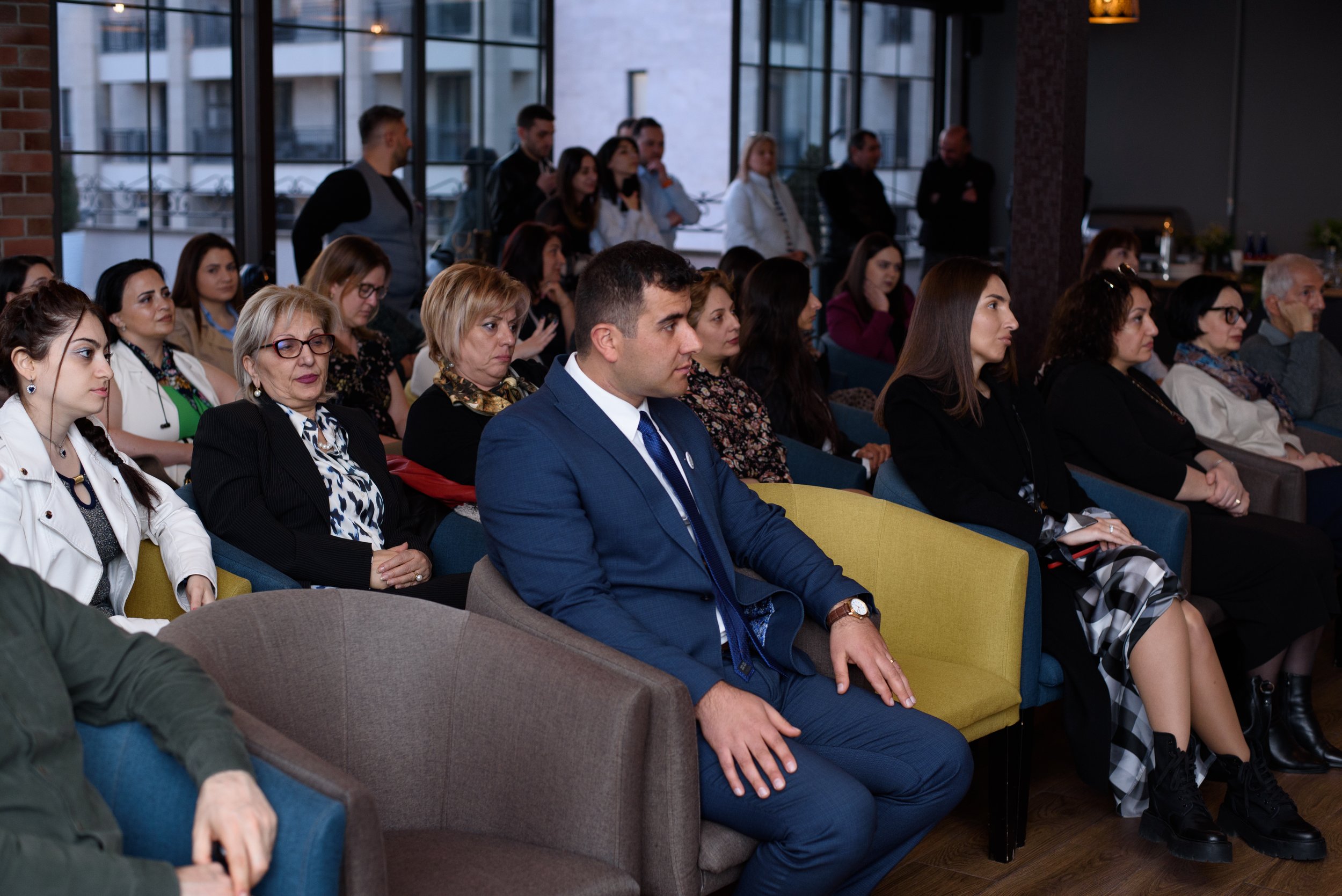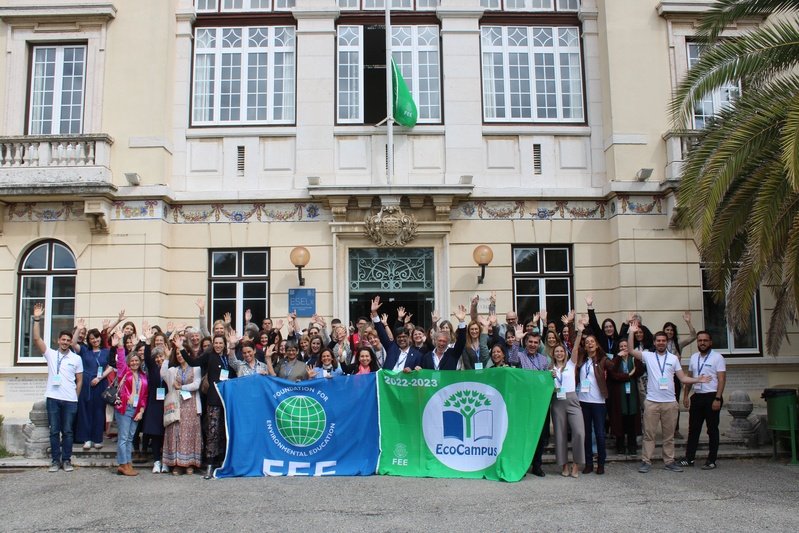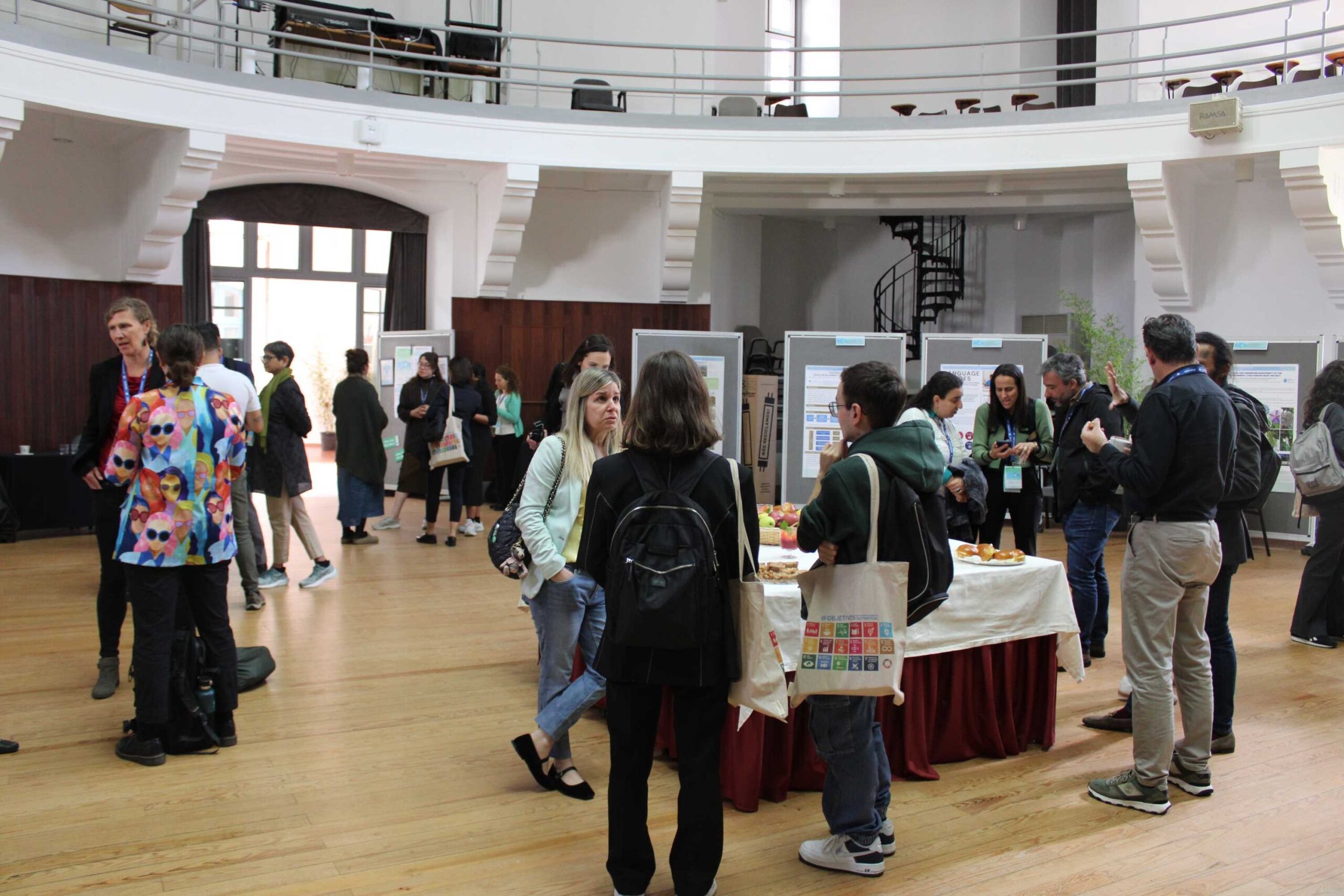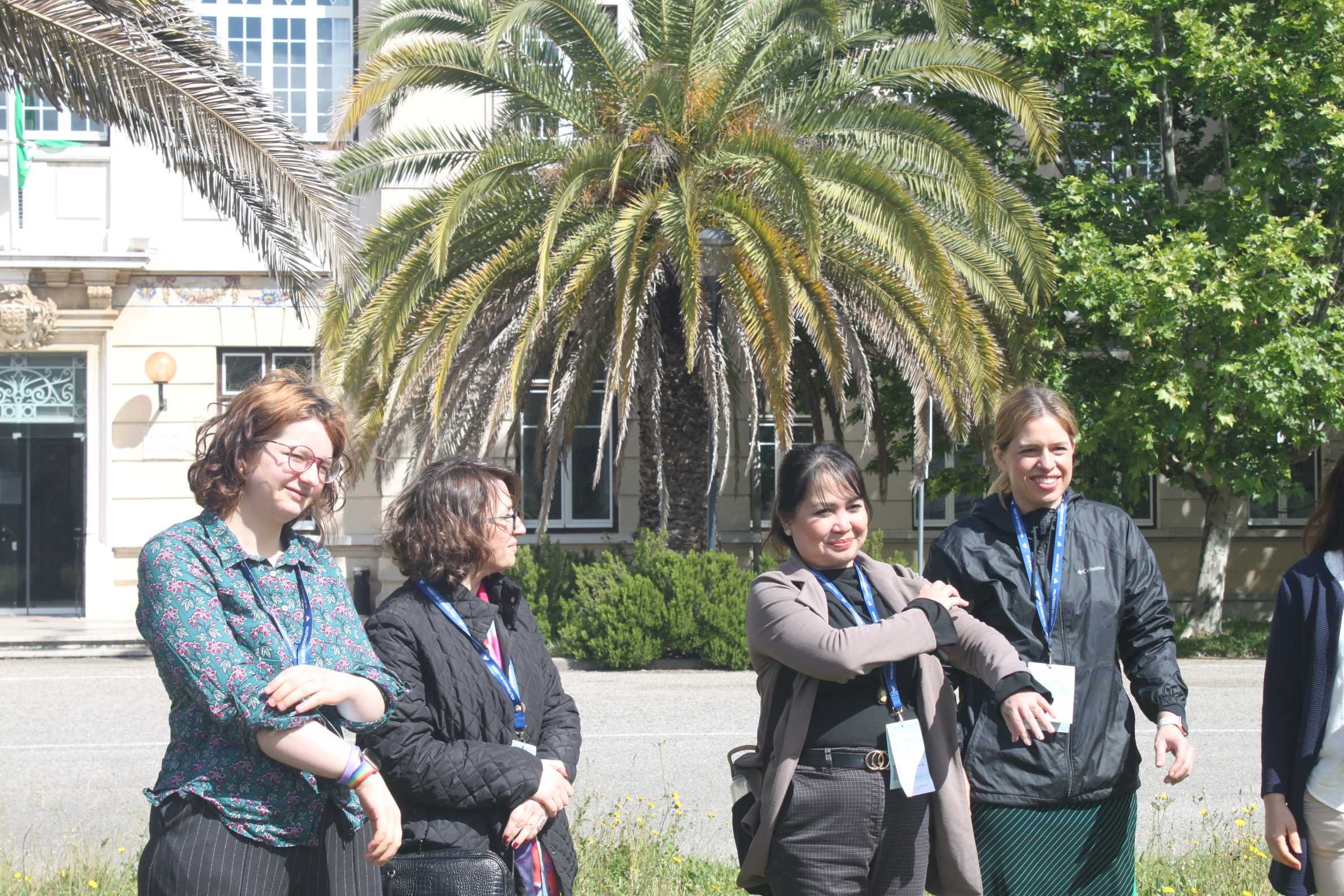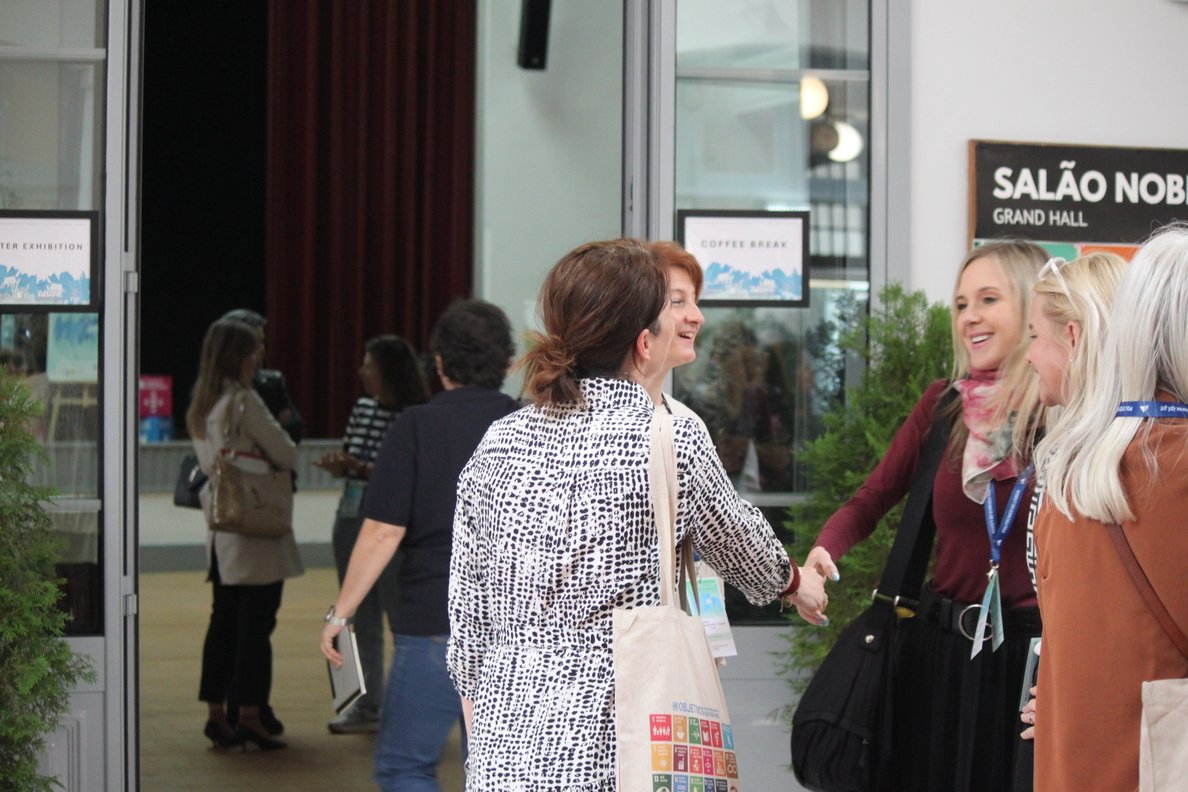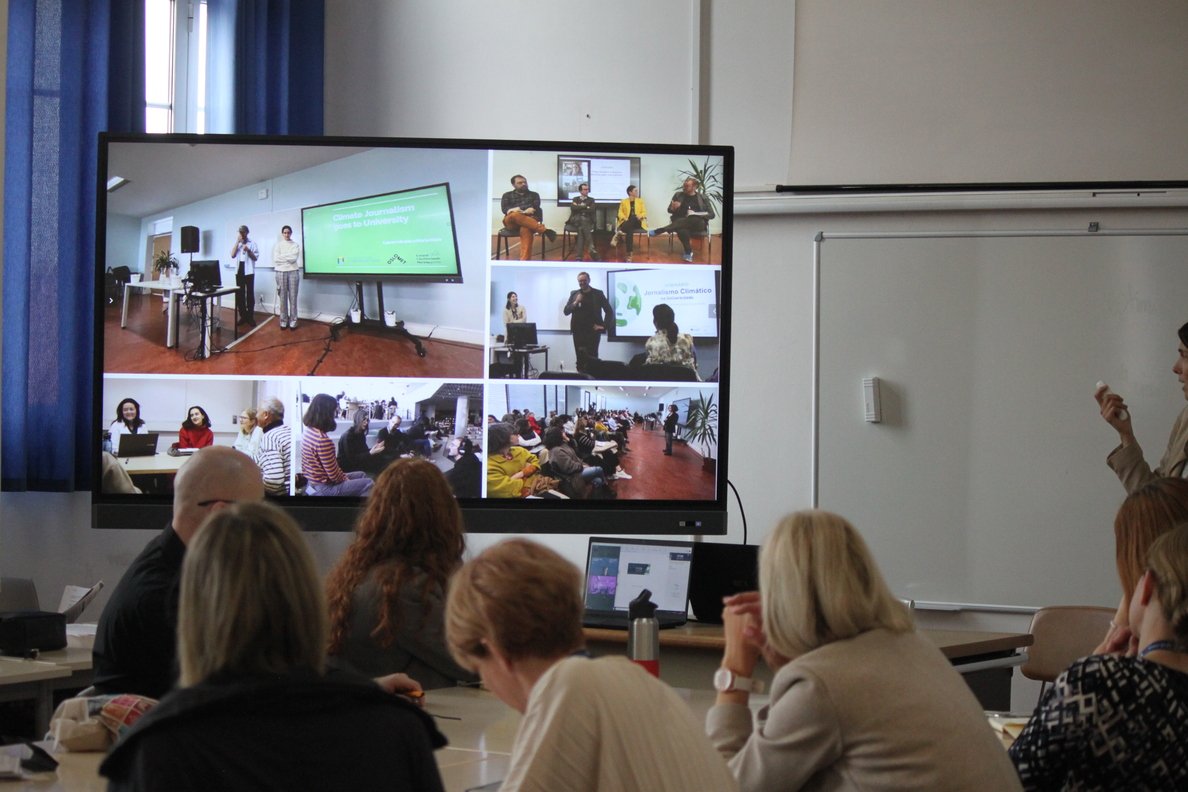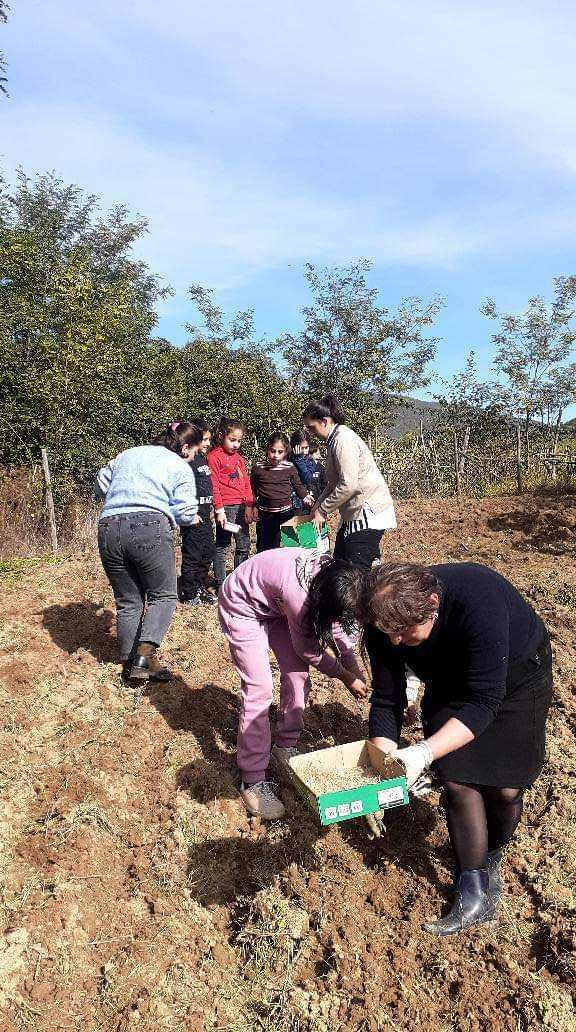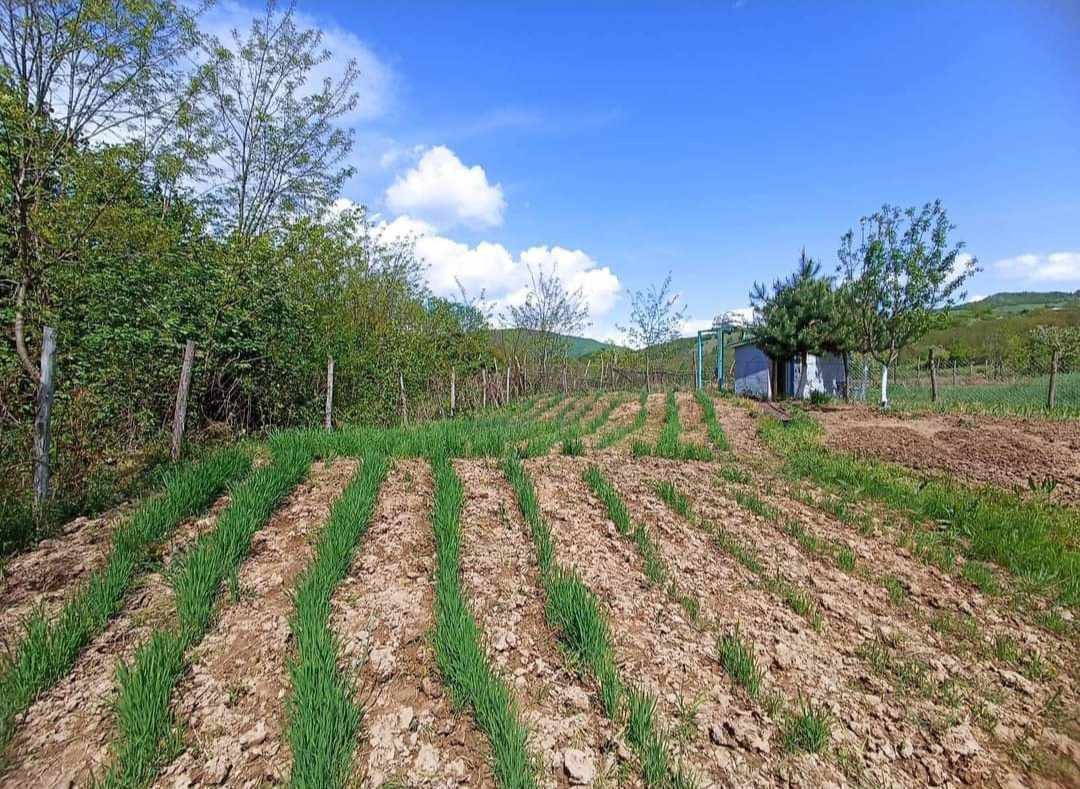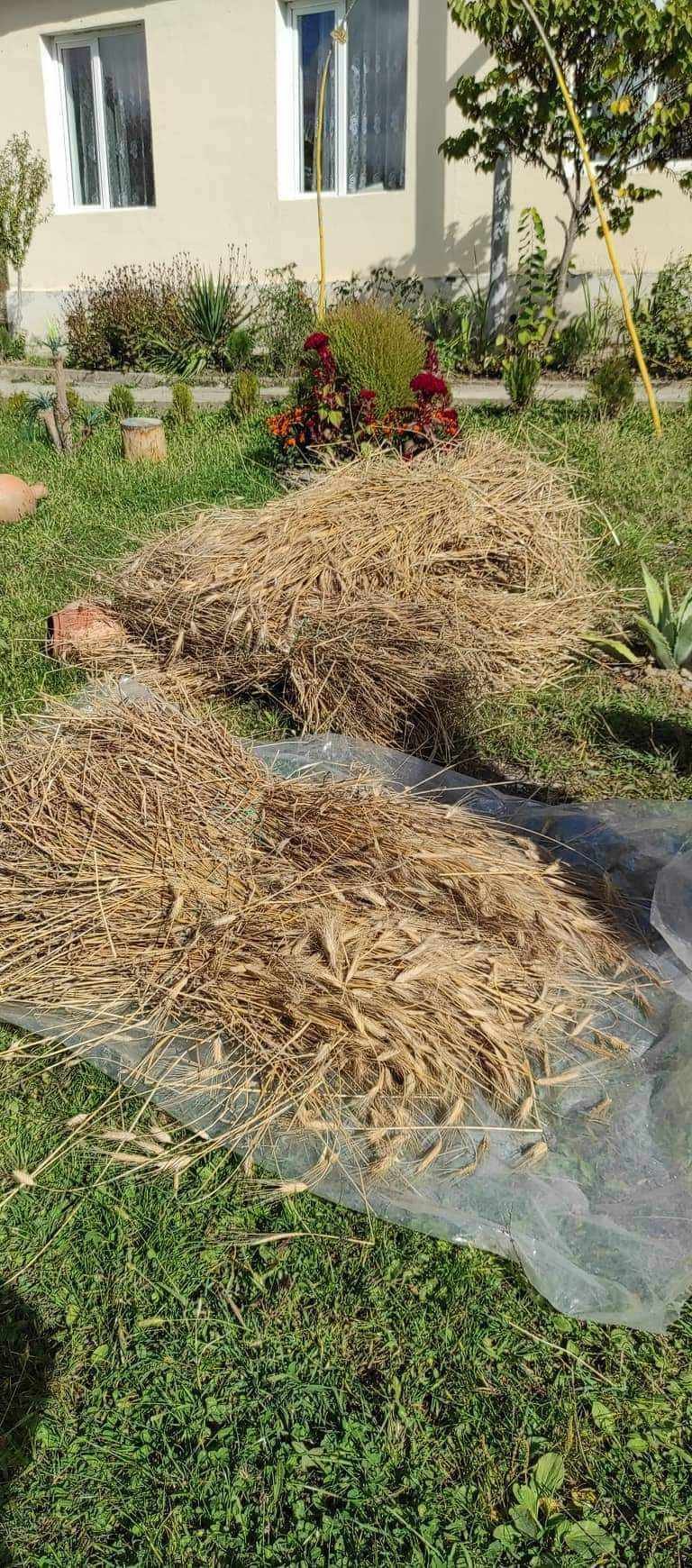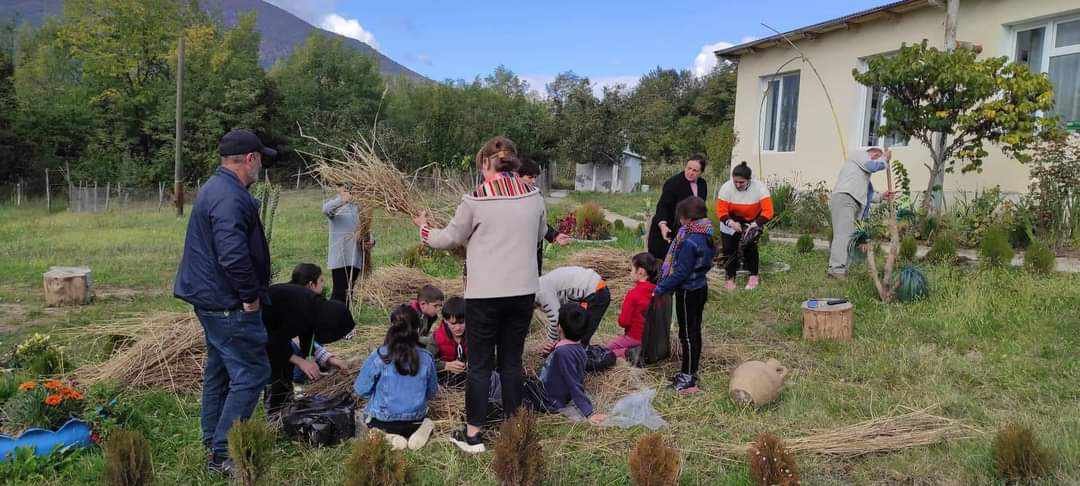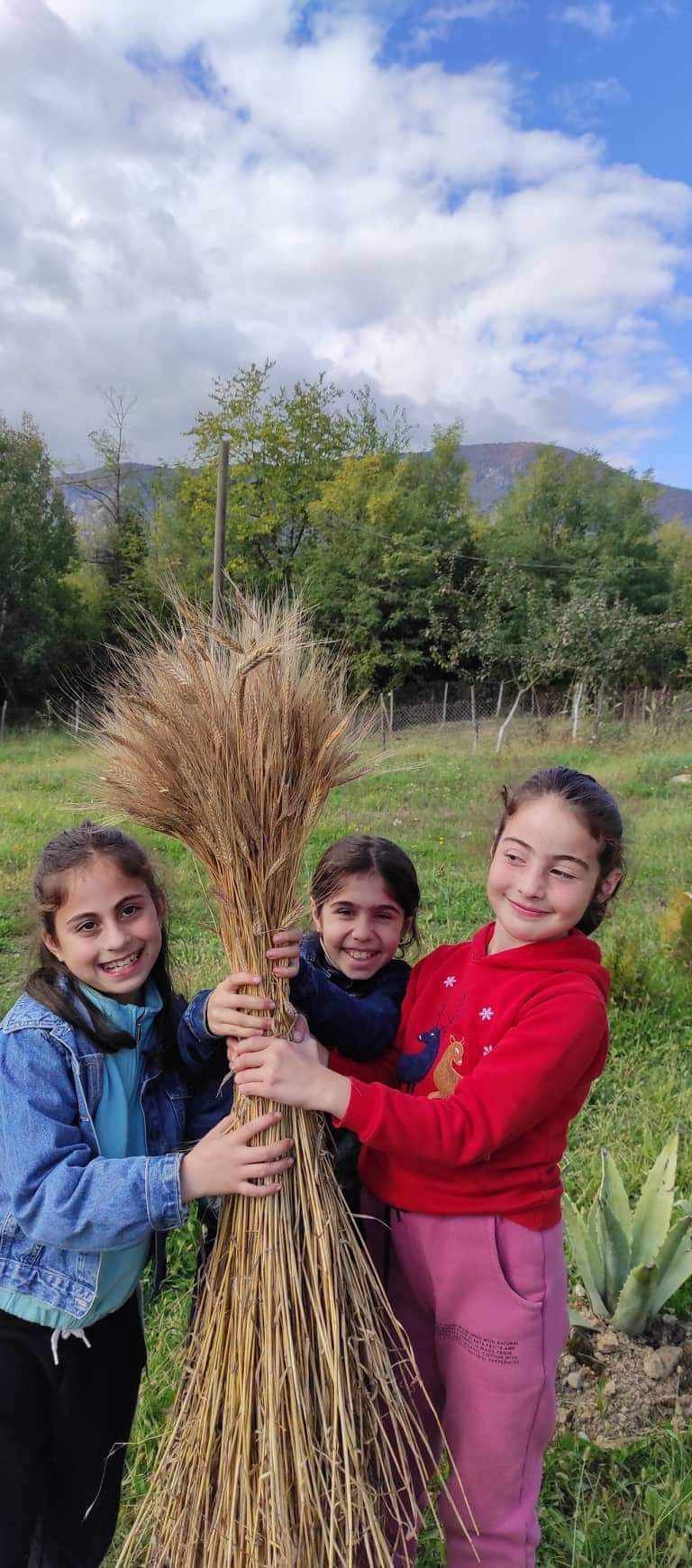Foundation for Environmental Education (FEE), Office for Climate Education (OCE) and Centre for Environment education (CEE) India brought together policy makers, academia, practitioners, researchers, teachers and youths to deliberate on critical enablers for making education ‘Climate Ready’ across countries in a well-attended side event at this year’s COP. The panel was chaired by Mr. Kartikeya Sarabhai, Founder & Director.
The UNFCCC COP29 in Baku hosted the first Human Development Day, emphasising the integration of human development aspects, including education, into climate resilience strategies. The Baku Initiative on Human Development for Climate Resilience, launched in collaboration with UNESCO, WHO, ILO, and UNICEF, underscored education's role in equipping youth with the skills needed to address climate challenges. The Greening Education Partnership (GEP) aims to ensure that 90% of curricula and 50% of schools globally integrate climate change by 2030. However, bridging the gap between aspirations and implementation remains a critical challenge.
Key enablers include adequate funding, systemic integration of climate education, and capacity building. Prof. Aaron Benavot highlighted barriers such as the patchy uptake of climate education policies, insufficient attention to local perspectives, and a lack of focus on empowering climate action in schools. Enablers identified include whole-school approaches, holistic curricula, and extensive teacher training. These were reinforced by UNESCO’s Simon Wanda, who shared GEP’s progress across 95 member states and highlighted collaborative strategies like forming national committees and integrating climate action into national education plans.
From an operational perspective, Dr. Pramod Kumar Sharma discussed the actionable framework of Eco-Schools in over 80 countries. He emphasized the importance of measurable goals across governance, facilities, teaching, and community engagement. Opportunities include leveraging GEP’s ambitious targets for large-scale mobilization, though challenges such as resource constraints, varying levels of commitment, and risks of superficial implementation persist. Dr. Sharma also stressed the need for capacity building and a whole-school approach to ensure quality outcomes.
India’s large-scale education system poses unique challenges, as highlighted by Dr. Sweta Purohit. With 1.48 million schools, mostly in rural areas, local contextualization and alignment with existing policies are critical. Strategies such as building innovative partnerships, enhancing teacher training, and securing financial and policy support are needed to implement GEP effectively.
Youth engagement strategies, shared by Ms. Susan Jafarova, emphasized behavior change and community action. Collaborative teacher platforms and innovative pedagogies are essential for sustaining interest and ensuring real-world application of climate knowledge.
In conclusion, the discussion reiterated the need for systemic integration of climate education into environmental and sustainable development education. Success will depend on collaborative frameworks, contextualized implementation, and cultural shifts to foster green skills and climate-ready youth worldwide.











































